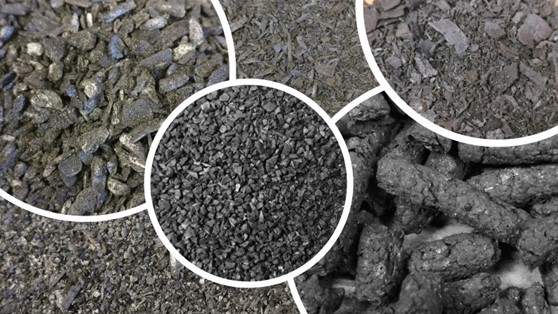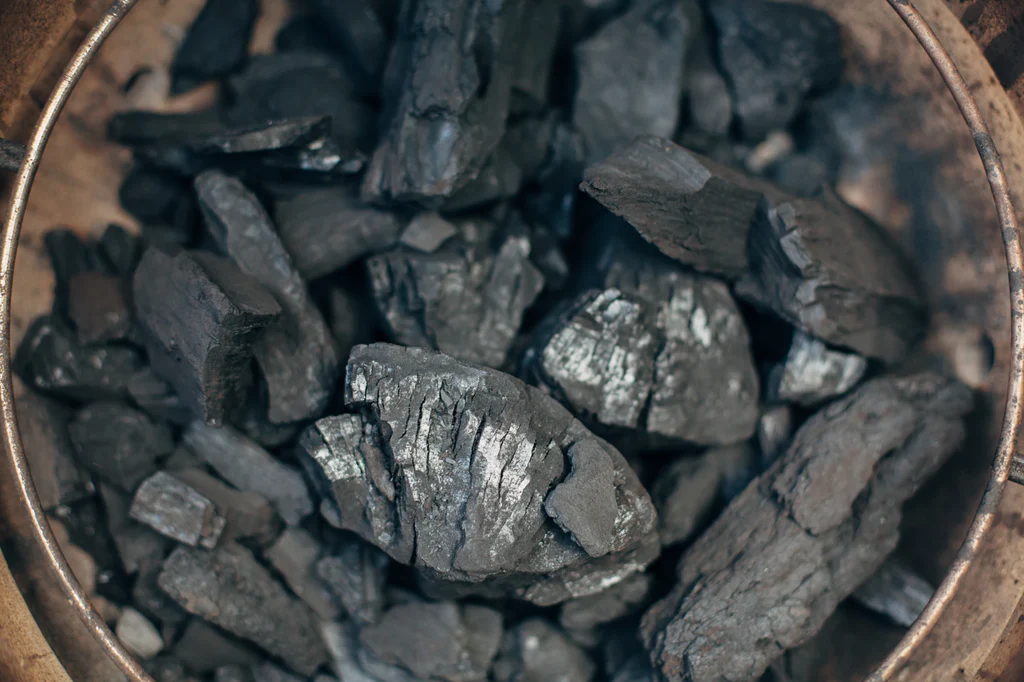Green for the Economy or Green for the Planet? Why Not Both?
Charcoal production in China has long been a cornerstone of both traditional industry and modern-day economic activity. For centuries, charcoal has been an essential resource, used in everything from metallurgy to heating and cooking. Today, China remains the world’s largest producer and consumer of charcoal, with the industry growing alongside increased demand for grilling, purification systems, and industrial applications. However, the environmental toll of this sector is considerable. As charcoal production expands, it brings with it significant challenges for sustainability and deforestation.
Fortunately, recent innovations are beginning to reshape the Chinese charcoal industry, offering a glimpse into a future where economic growth can align with environmental responsibility.
The Environmental Challenges of Charcoal Production
In rural China, traditional methods of producing charcoal—often using outdated kilns—have long been associated with negative environmental impacts. The process of pyrolysis, in which wood is heated in the absence of oxygen to produce charcoal, emits significant amounts of carbon dioxide and methane, both of which contribute to global warming. Additionally, the high demand for wood has led to deforestation in certain regions, exacerbating soil erosion and biodiversity loss.
Despite these drawbacks, China’s charcoal industry remains integral to both rural and urban economies. In rural areas, charcoal is a vital source of fuel for cooking and heating. In cities, the demand for premium charcoal has surged due to the growing popularity of grilling. Moreover, charcoal’s industrial uses—particularly in air and water filtration—underscore its continuing importance. Yet, as consumption rises, the pressure to develop more sustainable methods of production has never been greater.

Innovations in Sustainable Charcoal Production
In recent years, charcoal manufacturers in China have begun embracing technological advancements aimed at reducing the environmental damage associated with traditional methods. Among the most impactful innovations are retort kilns, which offer a more efficient, environmentally friendly method of producing charcoal. Retort kilns operate in a closed system, capturing and reusing gases that would otherwise be emitted during the production process. This not only reduces greenhouse gas emissions but also improves the yield of the process, meaning fewer trees are needed to produce the same amount of charcoal.
Another significant development is the rise of biochar, a type of charcoal made from organic waste like agricultural residues or animal manure. Biochar offers a sustainable alternative to traditional charcoal while simultaneously acting as a carbon sink—storing carbon in the soil for hundreds of years. Moreover, biochar improves soil fertility and water retention, making it a potential game-changer for China’s agricultural sector, where soil degradation has been a persistent issue.
Meanwhile, bamboo charcoal has gained popularity as a renewable option in the market. Bamboo, which grows rapidly and regenerates naturally without the need for replanting, is a far more sustainable raw material than traditional hardwoods. Bamboo charcoal has become a sought-after product, not just for grilling but also in industries ranging from cosmetics to water purification, where its absorbent properties are highly valued.

Government Action and Sustainability Initiatives
Recognizing the environmental challenges posed by the charcoal industry in China, the government has introduced several initiatives to curb deforestation and promote more sustainable production methods. The National Forestry Protection Program aims to reduce the amount of logging for charcoal production and incentivizes reforestation projects. These efforts align with China’s broader commitment to reducing carbon emissions and promoting sustainable resource management.
Additionally, the government has provided subsidies and tax breaks for companies that adopt cleaner, more efficient technologies, such as retort kilns and biochar production. These initiatives are part of a larger plan to meet the country’s carbon neutrality goals by 2060, which will require a significant reduction in the carbon footprint of key industries like charcoal production.
Remaining Challenges for the Industry
While the innovations in sustainable charcoal practices in China are promising, significant challenges remain. One of the biggest hurdles is the informal sector, where many small-scale producers continue to use inefficient, environmentally harmful production methods. These producers often lack access to the resources and technologies needed to adopt cleaner practices, and enforcing environmental regulations in remote areas can be difficult.
Another challenge is consumer awareness. While urban consumers are becoming more interested in eco-friendly products like bamboo charcoal, many remain unaware of the environmental costs of traditional charcoal production. Public education campaigns could play a crucial role in shifting demand toward more sustainable options.
Shaping the Future of Charcoal Production in China: Innovation Meets Sustainability
As charcoal production in China continues to evolve, it’s clear that the industry’s future lies in innovation and sustainability. Technologies like retort kilns, biochar, and bamboo charcoal are paving the way for a more environmentally responsible approach to production. However, to fully realize the potential of these innovations, a collective effort from both the government and the private sector is required. Ensuring widespread adoption of these sustainable practices and tackling remaining environmental challenges will be key to shaping a greener future for the charcoal industry.
At ShyTechChina, we believe that economic growth and environmental stewardship can—and must—coexist. Our expertise in sustainable charcoal production is rooted in technologies that reduce environmental impact. By embracing solutions such as retort kilns, biochar, and bamboo charcoal, we’re helping to drive a fundamental shift in how charcoal is produced, both in China and globally.
China’s potential to increase sustainability in charcoal production offers a blueprint for other nations dealing with the environmental costs of this industry. As the country moves toward its carbon neutrality goals, the charcoal sector has the opportunity to become a benchmark for sustainable innovation, demonstrating how industries can evolve in harmony with the planet.
Why ShyTechChina Is the Right Partner for the Future
At ShyTechChina, we’re not just witnessing the transformation of China’s charcoal industry—we’re actively driving it forward. Our focus on scalable, sustainable solutions, empowers businesses to reduce their environmental footprint while boosting efficiency and profitability. Whether through advanced retort kilns, biochar production, or bamboo charcoal, our technologies help companies stay ahead of the curve, meet environmental goals, and secure their place in an eco-conscious market.



